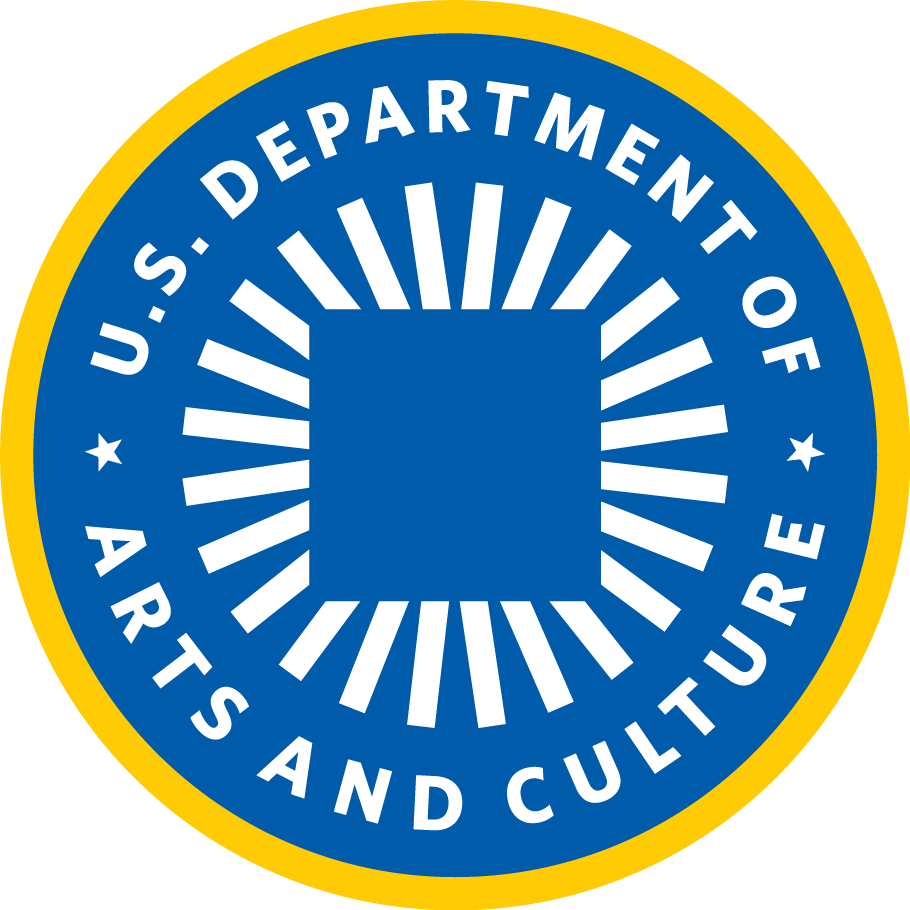“As we have seen time and time again, when the governments fail us, it’s the people who come together and help communities survive…” —Raquel de Anda, panel facilitator
ZOOM — Presented by the U.S. Department of Arts and Culture, the discussion centered on the intersection of arts and mutual aid and what it means to create and be in community with one another. Emphasizing the ways that are anti-oppressive and that uplift and respect one another in community, the panel featured jackie sumell of The Solitary Gardens & Prisoner’s Apothecary, Kristina Wong and the Auntie Sewing Squad, Ana Rodney of MomCares, and interdisciplinary artist Taja Lindley. All whose work exemplified art, healing, and mutual aid efforts through the lenses of abolition, radical care, reproductive justice, transformative justice, and racial justice.
With one newscycle crisis after another, Artists and Healers as Essential to Recovery from Crisis was a timely discussion of how artists and healers have taken action towards mutual aid efforts on local, national, and global scales. In a role reversal between politicians and artists, many politicians have brought spectacle and drama while artists have coordinated the emergency care, activism, movement, and mutual aid efforts for their communities.
Entering the Zoom space with 121 attendees, we were welcomed by the USDAC staff with somatic breath, land acknowledgement, and framing of mutual aid. Brienne Colston, USDAC Co-Director of Community Healing and Transformation, introduced to attendees this statement:
“Mutual aid is collective coordination to meet each other’s needs, usually from an awareness that the systems we have in place are not going to meet them. These systems, in fact, have often created the crisis, or are making things worse.”

